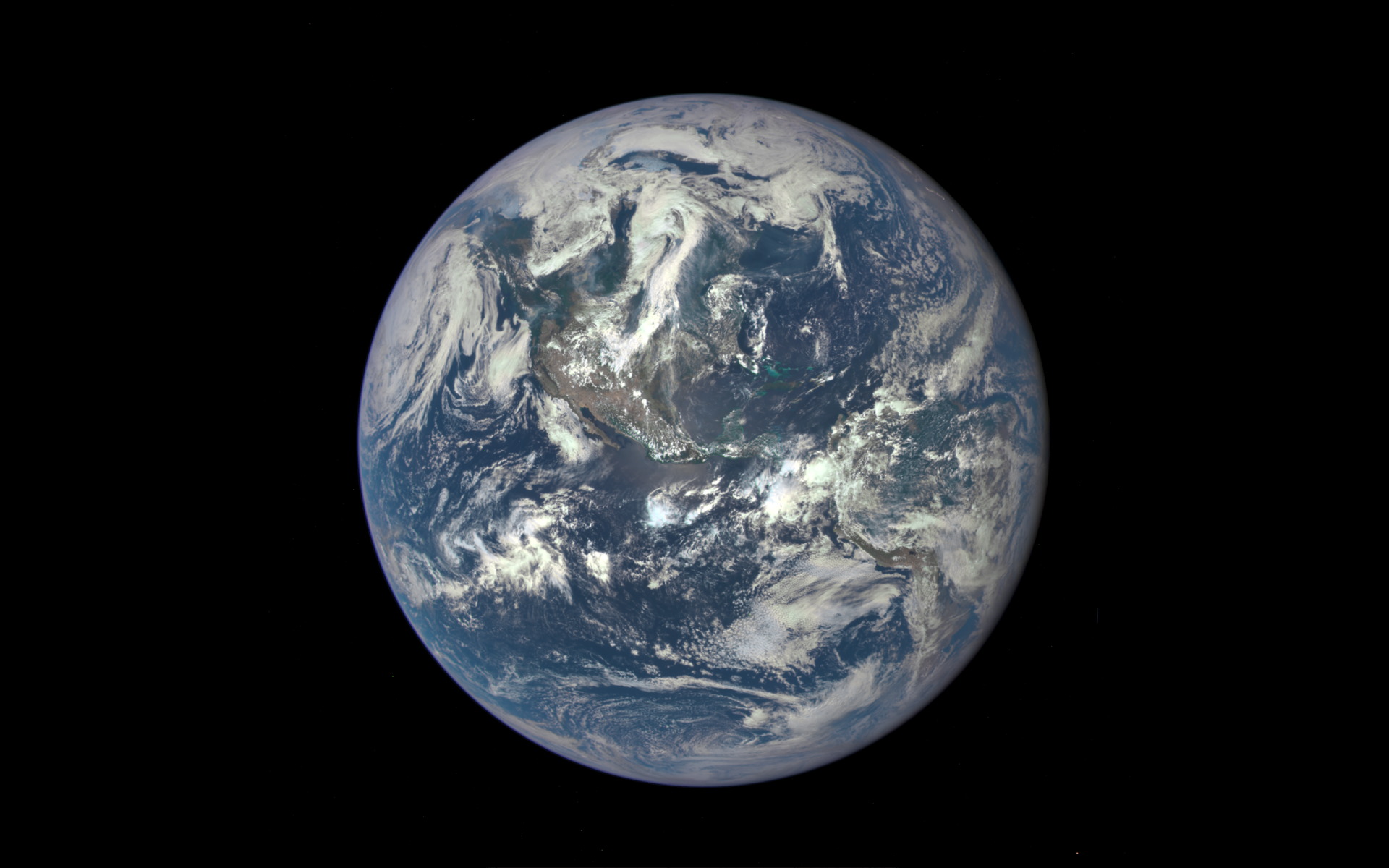Colombia signs the Artemis Accords for peaceful space exploration
It's the 19th country to join NASA in the agreement, following quickly after Bahrain and Singapore in recent weeks.

Breaking space news, the latest updates on rocket launches, skywatching events and more!
You are now subscribed
Your newsletter sign-up was successful
Want to add more newsletters?

Delivered daily
Daily Newsletter
Breaking space news, the latest updates on rocket launches, skywatching events and more!

Once a month
Watch This Space
Sign up to our monthly entertainment newsletter to keep up with all our coverage of the latest sci-fi and space movies, tv shows, games and books.

Once a week
Night Sky This Week
Discover this week's must-see night sky events, moon phases, and stunning astrophotos. Sign up for our skywatching newsletter and explore the universe with us!

Twice a month
Strange New Words
Space.com's Sci-Fi Reader's Club. Read a sci-fi short story every month and join a virtual community of fellow science fiction fans!
Colombia has joined NASA's quickly growing Artemis Accords program, becoming the 19th nation to sign on, after recent pacts with Bahrain, Singapore and Romania.
Although Colombia has not yet disclosed its specific contributions to NASA's moon-bound Artemis program, Marta Lucía Ramírez, the country's vice president and foreign minister, said Colombia is looking forward to developing its space work rapidly.
The pact is "a very significant moment of the bilateral relationship as we celebrate this year the 200th anniversary of U.S.–Colombia diplomatic relations," Ramírez said in a NASA statement Tuesday (May 10). (The U.S. recognized Colombia on June 19, 1822, three years after the country effectively achieved independence from Spain, according to the U.S. Department of State.)
Signing with NASA "is a substantial stepping stone for my country as we continue to develop our knowledge, national capacity, and understanding of the importance of space for future generations of Colombians to come," Ramírez said.
Related: NASA's Artemis 1 moon mission explained in photos
The Artemis Accords outline peaceful and responsible exploration of the moon and beyond. NASA is planning to send astronauts back to the moon later in the decade under the Artemis program.
NASA and the U.S. Department of State unveiled the Artemis Accords in 2020, with eight nations signing on at that point: Australia, Canada, Japan, Luxembourg, Italy, the United Kingdom, the United Arab Emirates and the United States. Since then, Bahrain, Brazil, Israel, the Republic of Korea, Mexico, New Zealand, Poland, Romania, Singapore and Ukraine have also signed it.
Breaking space news, the latest updates on rocket launches, skywatching events and more!
"The Artemis Accords lay out certain principles to guide civil space actors, among them: peaceful purposes, transparency, interoperability, commitment to emergency assistance, registration of space objects, release of scientific data, deconfliction of activities, protection of space heritage, and mitigation of orbital debris, including spacecraft disposal," U.S. State Department officials explained in a recent statement.
NASA reiterated that more countries will join the accords "in the months and years ahead, as NASA continues to work with its international partners to establish a safe, peaceful and prosperous future in space."
The agency is working toward bringing astronauts to the moon's surface again to eventually establish a permanent human presence there. In addition to the landings near the lunar south pole, where water ice appears to be nestled inside permanently shadowed craters, the agency is creating a Gateway lunar station in orbit around the moon.
The first Artemis mission, called Artemis 1, may launch later this year pending treatment of several glitches during a "wet dress rehearsal" of the new Space Launch System megarocket to send an uncrewed Orion space capsule around the moon. NASA rolled back the rocket to shelter in late April to assess the issues at Kennedy Space Center's Vehicle Assembly Building, near the launchpad.
Following Artemis 1, a crewed lunar orbit mission called Artemis 2 is slated to launch no earlier than 2024, with Artemis 3 achieving the first crewed landing.
Follow Elizabeth Howell on Twitter @howellspace. Follow us on Twitter @Spacedotcom and on Facebook.

Elizabeth Howell (she/her), Ph.D., was a staff writer in the spaceflight channel between 2022 and 2024 specializing in Canadian space news. She was contributing writer for Space.com for 10 years from 2012 to 2024. Elizabeth's reporting includes multiple exclusives with the White House, leading world coverage about a lost-and-found space tomato on the International Space Station, witnessing five human spaceflight launches on two continents, flying parabolic, working inside a spacesuit, and participating in a simulated Mars mission. Her latest book, "Why Am I Taller?" (ECW Press, 2022) is co-written with astronaut Dave Williams.
